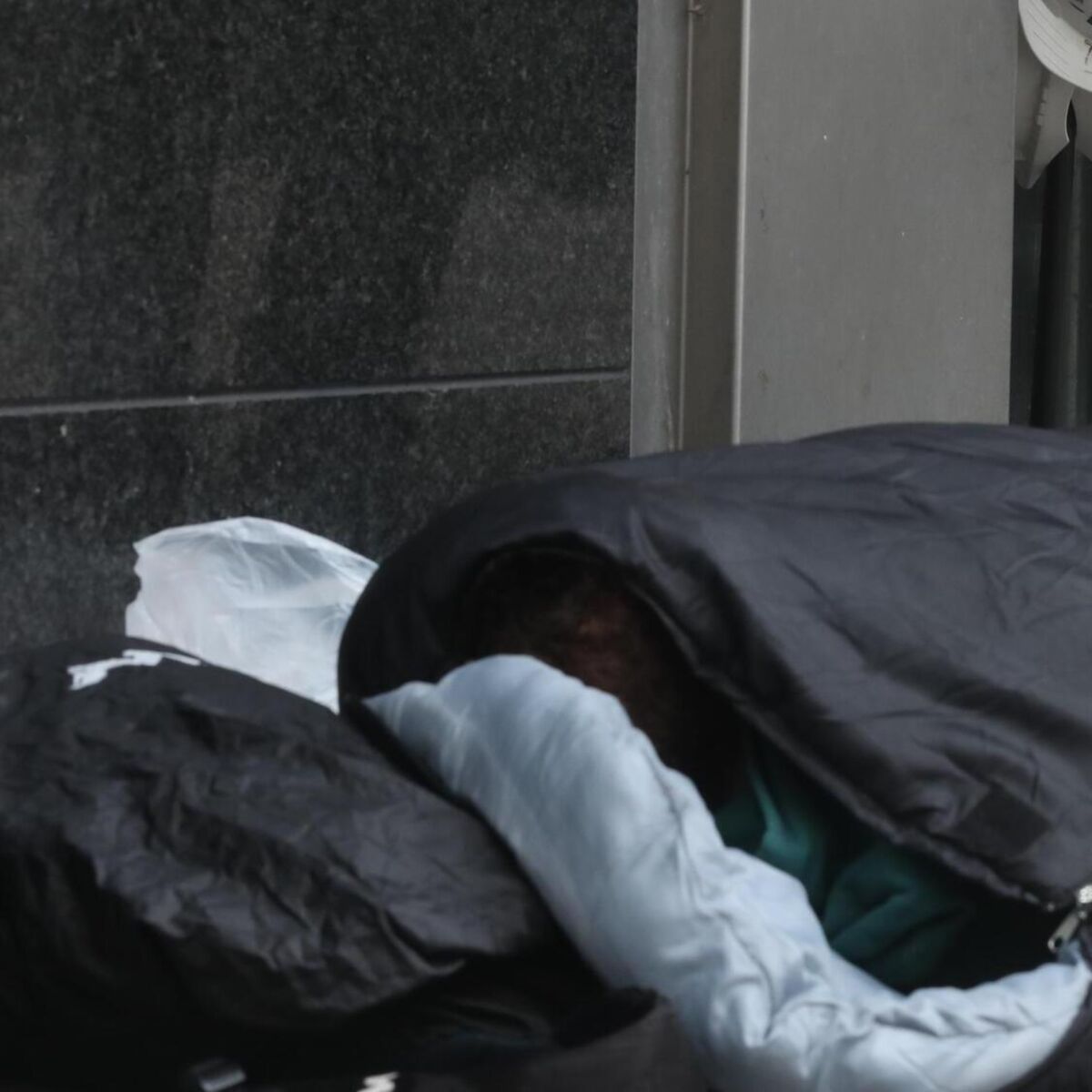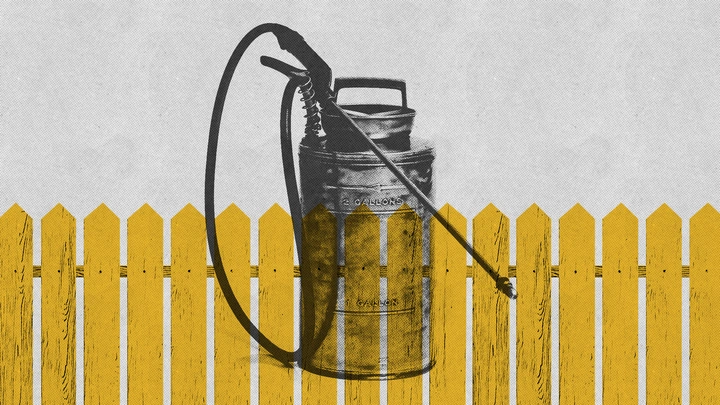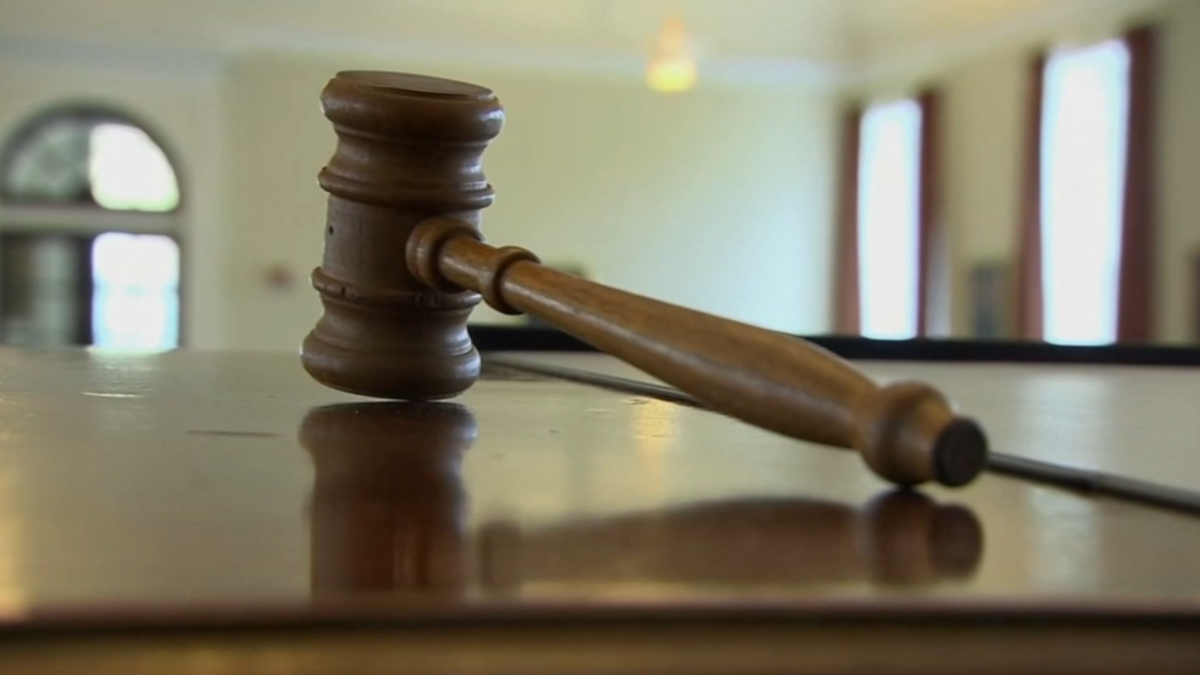By Irishexaminer.com,Lorcan Sirr
Copyright irishexaminer

There are now 16,058 people homeless in Ireland, over 30 per cent of whom are children. Of course, these homeless figures only capture a small proportion of the homeless.
What they don’t count is the increasing number of people who are living on their friends’ couches, back home with parents, and women and children in domestic violence refuges. The figures exclude the likes of students living in their cars or vans.
The statistics don’t even include those sleeping rough on the streets — the really, really homeless. Traditionally homelessness was something experienced by men, often having undergone a marital separation, or those with mental health issues or addiction issues.
A new phenomenon is that of family homelessness. There are now 2,343 homeless families, up nearly tenfold from 244 in July 2014. Contrary to common perception, a lot of these families have at least one, if not two people working, another new phenomenon.
The main route to homelessness is eviction from the private rented sector. Security of tenure remains weak in Ireland so tenants can pay their rent on time all the time and still be evicted if the landlord needs the property for a family member or to sell it. (A covid moratorium on ‘no-fault’ evictions slowed homelessness considerably, but will hardly be re-introduced.)
In response to evictions, the ‘tenant-in-situ’ scheme funds local authorities to buy properties that landlords are selling if tenants in receipt of HAP or RAS are at risk of being made homeless. But funding for this scheme is now uncertain and so local authorities are struggling to prevent families being made homeless.
The scheme has purchased more than 2,500 properties since 2023 and has prevented considerable further homelessness, so it is worrying to see a policy with genuine impact under threat.
Lack of public housing
In Ireland, the introduction of the Rental Accommodation Scheme (RAS) in 2004 and the Housing Assistance Payment (HAP) in 2014 effectively outsourced council housing by putting the onus on those in housing need to house themselves in the private market.
This has put over 55,000 households into the private rented sector who should not be there. More worrying, it means that the State’s strategy for preventing homelessness is to rely on private landlords, which is both expensive (the rent support bill is now nearly €700 million a year) and risky (as landlords can evict tenants or sell their properties from under them).
This is in addition to the 59,941 households who are on the social housing waiting list, of which some 13,960 (23%) are in Munster. Cork City tops the list with 2,810 households awaiting council housing, followed by Limerick City and County (2,423) and Kerry (2,332).
At a policy level, the private rented sector is not where people and families who are in need or housing or homeless or at risk of homelessness should be. They are only there because of a lack of housing provided by the State, what we would traditionally refer to as council housing.
The solution to both the misuse of the private rented sector and the resultant homelessness is of course the massively increased provision of more housing built by the State. Here it is important to remember that only local authorities, not NGOs or charities, have the legal responsibility for providing council housing.
In 2024, local authorities across the country provided 3,001 ‘new build’ houses. Of these, about 1,700 were built by councils, the rest acquired from developers either when built or funded by councils to enable the developer to build them (known as turnkeys).
In Munster, councils provided 680 ‘new build’ houses, with 417 of these being built by local authorities. Not unexpectedly, Cork City Council managed the largest share of ‘new builds’ at 247, with 188 of these being built directly, which was the third highest output in the country.
Cork County and Limerick City and County tie for second at 119 ‘new builds’ each of which Limerick directly built 108 and Cork County 26. Kerry managed just 11 new council houses in 2024, at which level the breakdown is irrelevant.
Just over 60% of new council housing in Munster in 2024 was directly built by the local authorities. Direct building by councils is important because it is cheaper, councils can control quality and specifications, and they are also not interfering in the private market (or bailing out developers who have nobody else to buy their housing).
Approved Housing Bodies (AHB) also provided 976 social houses in Munster — which remain in the ownership of the AHB, not the State — over 90% of which were acquired from developers. In Cork City, for example, AHBs delivered 276 new social houses in 2024, nearly all of which were acquired from developers under one mechanism or another.
Lack of will
Looking at the various parties’ manifestos from the election last year, homelessness was mentioned about half as often as it was in the 2020 manifestos. This perhaps indicates that the parties perceive homelessness to be a topic that the public is tired of or not interested in.
Or perhaps it suggests that the politicians do not want to draw attention to what seems like an intractable problem. The more countries move economically to the right, as Ireland has done, then the less emphasis is put on helping those worst off.
Finland, once a country with virtually no homelessness, has seen it rise again recently with the arrival of a right-wing government, which thought the money being spent on preventing homelessness was better spent elsewhere.
Given what we saw was possible during covid when we mobilised everything at our disposal to solve a serious problem, I think Simon Coveney was right in that homelessness is solvable.
The issue increasingly seems to be one of will — solving homelessness is not easy and requires a lot of work; and ideology — many politicians and policymakers believe homeless people are responsible for their own situation in life, so assistance should be limited.
The measure of success in housing policy is not the number of houses we build each year, but the number of homeless people — especially children — each month.
Dr Lorcan Sirr is a speaker at Cork Simon’s event, ‘Single Adult Homelessness – Who Cares?’ today at Nano Nagle Place, Cork.



